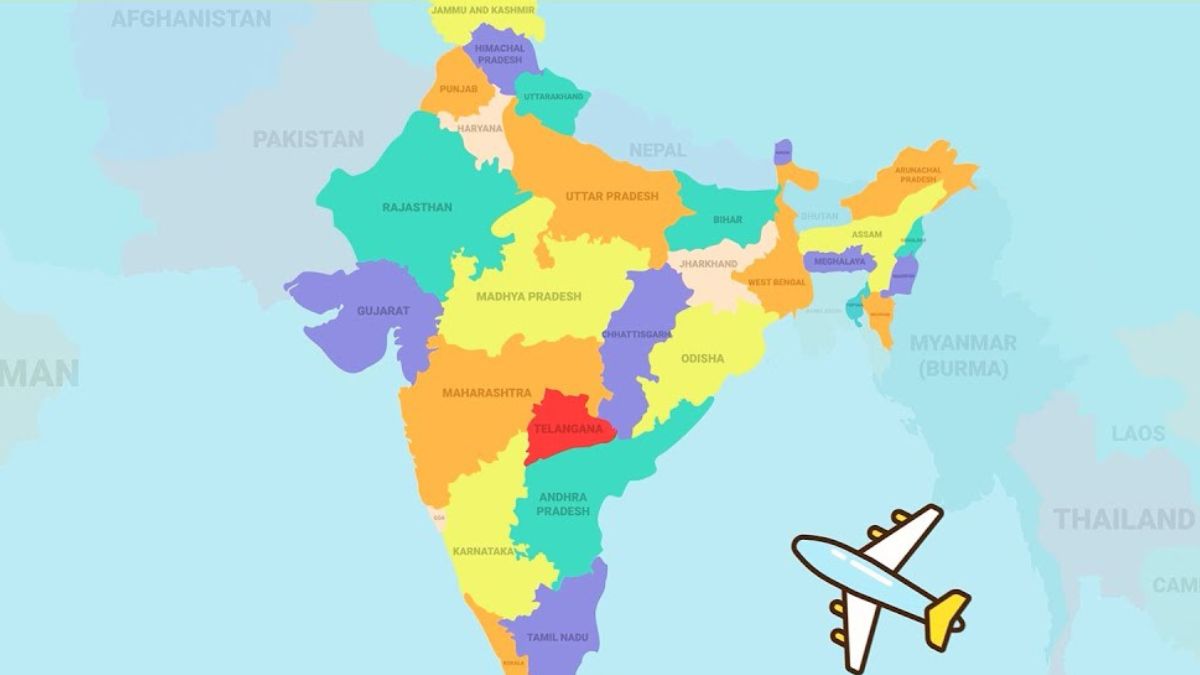In the competitive landscape of exams, where every mark counts, a strategic approach to mastering India’s 28 states name and capital becomes imperative. This article explores how a systematic checklist becomes a secret weapon for candidates aiming to conquer the geographical terrain of competitive exams.
Time-Efficient Learning: Maximising Knowledge Acquisition
Competitive exams often demand time efficiency, and a well-structured checklist becomes the key to swiftly mastering India’s states and capitals. By breaking down the information into manageable portions, candidates can optimise their study time and focus on what matters most in the exam hall.
Mnemonic Hacks: Turning Memorisation into an Advantage
For candidates facing the challenge of memorising vast amounts of information, a checklist introduces mnemonic hacks that transform rote learning into a strategic advantage. These memory aids enhance recall during exams and make learning states and capitals more enjoyable and efficient.
Retention for the Long Haul: Sustaining Knowledge Through Revision
Competitive exams often require knowledge retention beyond the exam day. When used as a revision tool, a checklist reinforces the learned information, ensuring that candidates can confidently recall the states and capitals even months after their initial study period.
Mock Test Integration: Applying Knowledge in Exam-Like Scenarios
A checklist goes beyond theoretical knowledge by facilitating its practical application. By incorporating states and capitals into mock tests, candidates can simulate exam conditions, refining their ability to recall information accurately under time constraints and pressure.
Confidence Building: Transforming Anxiety into Assurance
Navigating the intricate details of India’s states and capitals can be overwhelming, but a checklist systematically builds confidence. As candidates tick off items on the list, they gain a sense of accomplishment, turning the once-daunting task into a series of achievable milestones.
Interactive Learning Platforms: Enhancing Competitive Edge
In the era of digital education, interactive learning platforms leverage the checklist concept to create engaging study materials. These platforms, from quiz modules to interactive maps, immerse candidates in an active learning experience, ensuring a comprehensive grasp of India’s diverse states and capitals.
Adaptive Learning: Tailoring Study Approaches to Individual Needs
Recognising that each candidate has a unique learning style, a checklist adapts to individual needs. Whether through visual aids, auditory cues, or kinesthetic techniques, candidates can customise their study methods to suit their strengths, fostering a more personalised and effective learning experience.
Progress Tracking: Monitoring Advancements and Identifying Weaknesses
A checklist serves as a dynamic tool for candidates, allowing them to track their progress systematically. By monitoring the completion of each state and capital, candidates can identify areas of strength and weakness, enabling targeted revisions and focused efforts where needed the most.
Conclusion: A Comprehensive Toolkit for Exam Success
In the competitive arena of exams, where every detail matters, a checklist emerges as a comprehensive toolkit for success in mastering India’s 28 states name and capital. By incorporating strategic preparation, time efficiency, mnemonic hacks, retention strategies, mock tests, confidence-building techniques, interactive learning platforms, adaptive learning, and progress tracking, candidates equip themselves with the necessary tools to navigate the geographical landscape with precision and confidence.
As aspirants prepare for the challenges that lie ahead, a well-utilised checklist becomes more than a study aid; it becomes a roadmap to success. Through careful planning and strategic implementation of these features, candidates can confidently approach their exams, knowing they have harnessed the power of a versatile and effective tool in their journey toward mastering India’s diverse states and capitals.
